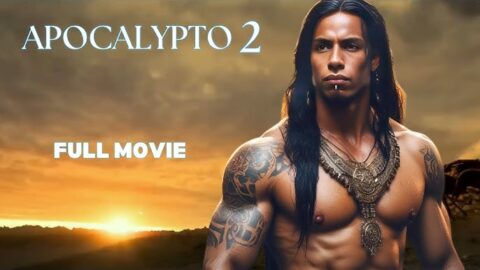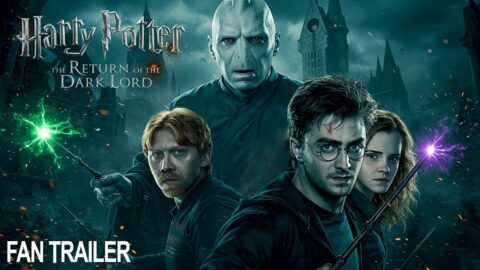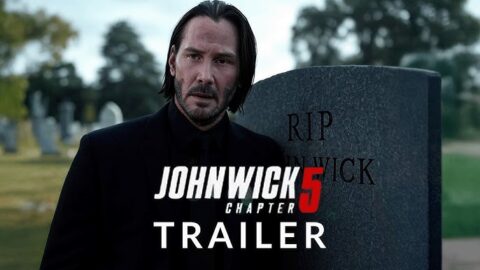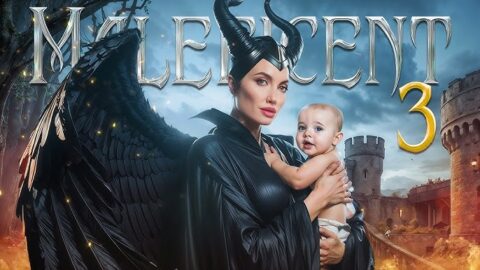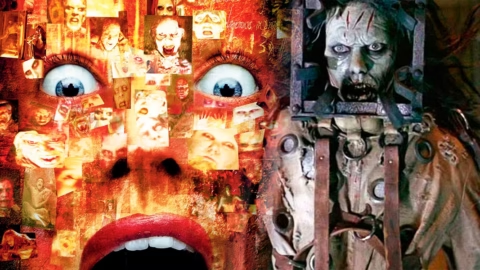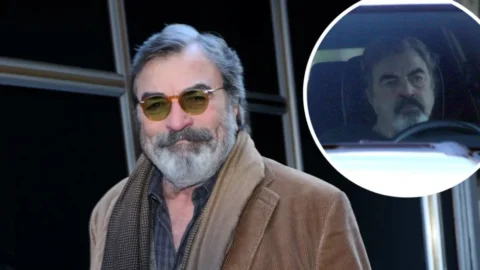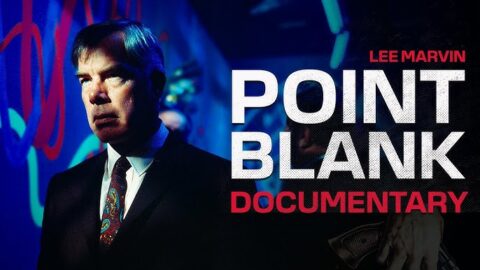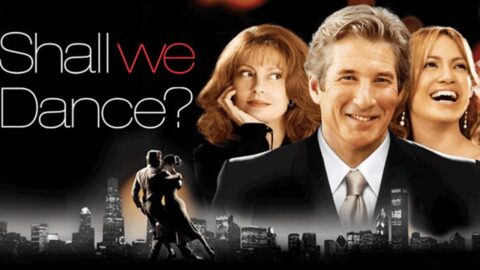Crazy/Beautiful (2001) – A Raw and Emotional Teen Romance That Defies the Norm
Genre: Teen Drama / Romance
Director: John Stockwell
Starring: Kirsten Dunst, Jay Hernandez
Crazy/Beautiful (2001) is more than just another early 2000s teen romance — it’s a raw, emotionally charged story that digs deeper into themes of identity, mental health, and socioeconomic divides. Directed by John Stockwell, the film stars Kirsten Dunst and Jay Hernandez, whose chemistry and grounded performances elevate what could’ve been a typical love story into something more powerful and personal.
Set in Los Angeles, the film follows Nicole (Dunst), a rebellious, self-destructive teen from a wealthy political family, and Carlos (Hernandez), a focused and ambitious student from a working-class Mexican-American neighborhood. The two meet at school and quickly fall for each other, but their vastly different worlds create tension. Nicole is impulsive and emotionally unstable, grappling with issues of depression and abandonment, while Carlos is determined to stay on a straight path toward a better future.
What sets Crazy/Beautiful apart is its unflinching portrayal of Nicole’s mental struggles and the genuine effort Carlos makes to love and support her without losing himself. Kirsten Dunst gives one of the most compelling performances of her career, showing vulnerability and intensity in equal measure. Jay Hernandez, in his breakout role, delivers a quiet strength that balances Nicole’s chaos. Their relationship feels authentic — messy, passionate, and at times heartbreaking.
Unlike many teen dramas that lean heavily on fantasy or melodrama, this film keeps its tone grounded. The story doesn’t shy away from the complexities of love between people from different backgrounds. It also touches on real issues — from parental neglect and cultural expectations to the consequences of emotional instability — all while maintaining a deeply personal and human core.
While the original studio version was edited to tone down its emotional intensity, the uncut director’s version — which many critics now favor — offers a fuller experience of the film’s emotional weight. The cinematography, filled with soft California sunlight and a gritty urban edge, captures the contrasting worlds the characters inhabit. Paul Haslinger’s music score adds a moody, melancholic touch that fits the film’s tone.
In the end, Crazy/Beautiful is about love trying to survive in the real world — not a fairy tale, but something harder, more painful, and ultimately more meaningful. It’s a film that resonated deeply with audiences who saw parts of themselves in Nicole’s brokenness or Carlos’s hope. More than 20 years later, it remains an underrated gem that still hits with emotional honesty and power.
